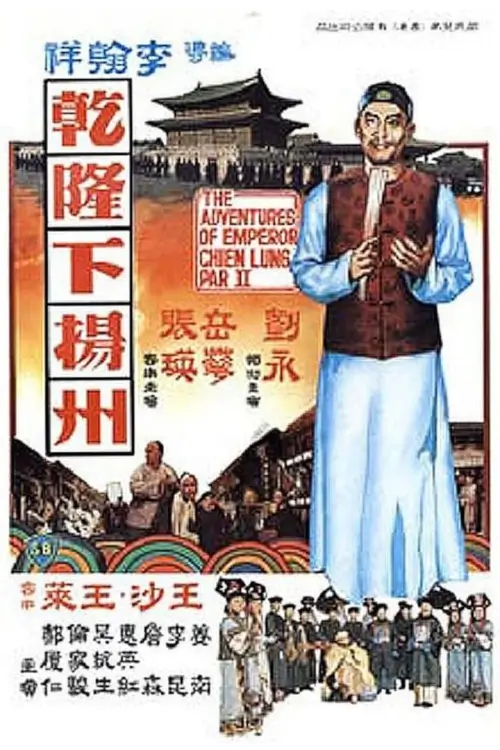The Voyage of Emperor Chien Lung | อิทธิฤทธิ์ฮ่องเต้ {乾隆下揚州}
หมวดหมู่ : หนังตลก

เรื่องย่อ : The Voyage of Emperor Chien Lung | อิทธิฤทธิ์ฮ่องเต้ {乾隆下揚州}
In the 18th century, Emperor Chien Lung makes a journey into Southern China.
In the 18th century, Emperor Chien Lung makes a journey into Southern China.
IMDB : tmdb433211
คะแนน : 7
In the 18th century, Emperor Chien Lung makes a journey into Southern China.